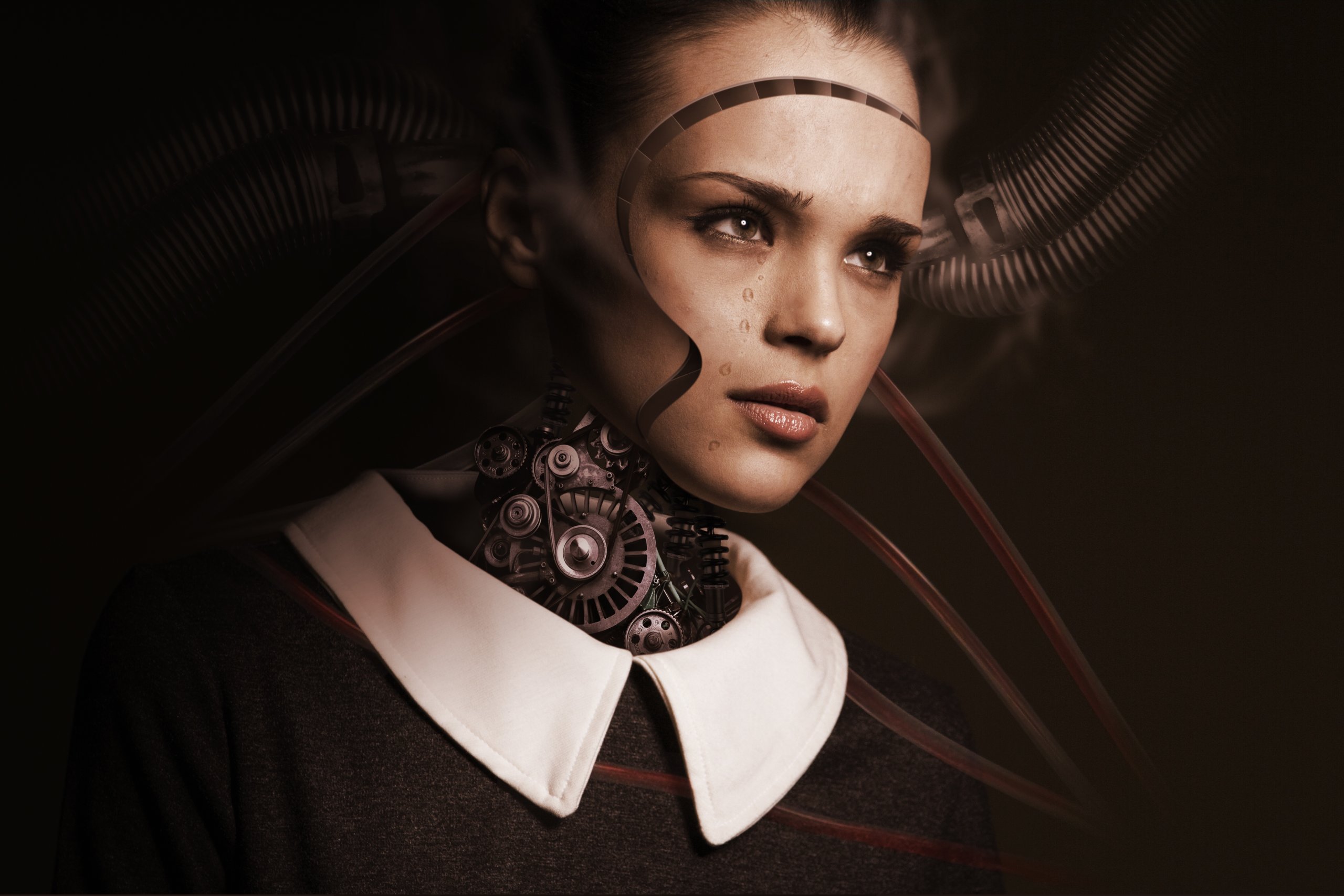
The development of artificial intelligence (AI) has resulted in some pretty unsettling things. Deepfakes and job application systems exhibiting gender bias name just a few. But startups around the world are trying to add one more item to this evergrowing list: Creating human-like avatars.
These AI manifestations could theoretically be used for various tasks, such as customer service roles or standing in for celebrities at events — or possibly acting as a duplicate of yourself.
The Race to Build Digital Humans
The concept of AI avatars may sound like science fiction or even a joke. But rest assured, this is serious business that is seeing some serious investments. After being featured in a YouTube documentary about the limits of AI, New Zealand-based company Soul Machines raised $40 million in funding this past January.
The organization, which offers AI avatars to fill customer experience roles, counts The Royal Bank of Scotland and Procter & Gamble among its client roster. Below are two of its avatars, Sam and Roman.
But Soul Machines is far from the only company in the AI avatar business. Samsung is currently working on Neon, its own AI avatar endeavor. And UneeQ, another New Zealand-based digital human startup, is now seeking Series B funding. The company previously raised $10 million in 2018 and has clients such as BMW and Vodafone.
The AI Foundation, an organization that is working on allowing us to make AI avatars of ourselves, also raised $10 million in funding in 2018. It also makes avatars for celebrities. The company plans to release a mobile app in early 2020 that lets you talk to a digital version of famous alternative medicine advocate Deepak Chopra. As you discuss problems (e.g., a sinus infection or feeling blue on Mondays) with digital Deepak, he’ll remember this information and the app will customize itself accordingly to help you.
Many of these startups and organizations offer trial or test versions. And if you only try out a few, you’ll easily see that many of these avatars still need some fine-tuning. But it isn’t the results we have right now that’s garnering all of these investments and attention — it’s the potential that these AI avatars offer.
Scaling Emotional Connection
Imagine if you could capture the feeling of talking to a real human and scale it to mass use, all without needing to hire actual humans to do it. This is what AI avatars could possibly do in the near future. For those working on these digital humans, this seems like more of an inevitability.
Danny Tomsett is the CEO of UneeQ. He thinks AI avatars can encapsulate the scale of chatbots with the sincere empathy of live customer support. “The human touch is really one of the key factors that creates emotional connection with brands,” Tomsett explains. “We can’t scale humans in a way that addresses all those needs in society.”

And even though it may be obvious you’re talking to a machine, that doesn’t take anything away from the magic. Tomsett says that many people still walk away from an avatar conversation with a positive reaction. In fact, he claims that over 90% of people who chat with UneeQ’s creations smile at some point during the conversation. While the avatar isn’t real, the resulting dopamine release is.
Tomsett also says that the obvious fact an AI avatar isn’t a real human may be a benefit. For instance, people may feel more comfortable and less guarded during a conversation with one; they may not feel ashamed to ask basic personal finance questions or even broach the subject of mental health if they know the avatar on the other end isn’t judging them.
Besides creating avatars to fill customer service roles, UneeQ sees potential in them for bigger responsibilities. For example, the company has built an AI version of Daniel Kalt, the chief economist at UBS, for wealthy clients to consult. From finance and automotive to gaming and retail, UneeQ and its investors expect AI avatars to become ubiquitous over the next decade.
The Unsettling Reality Right Now
If you feel a bit unsettled by all this talk about AI avatars standing in for actual humans, we can’t blame you. After all, establishing emotional connection through a fabricated “human touch” sounds strange when you consider that the main point is to involve and depend on fewer actual humans.
But Lars Buttler and Rob Meadows, the CEO and CTO of the AI Foundation, don’t see it this way. To them, AI avatars represent an unprecedented opportunity to do things we’ve only dreamed of. Imagine having one-on-one lessons with a famous sports figure like Tiger Woods or renowned physicists such as Neil deGrasse Tyson.
Beyond this, AI avatars may very well push the boundaries of emotional connection. Buttler explains a few potential future scenarios: “…you can record your children before they grow up, with all their amazing memories, or you can record your aging grandfather and preserve their memories forever.”
While using AI interactions to replace and scale human connection may sound ominous, the AI Foundation doesn’t see it as much different from how we leverage social media today. Both interactions are asynchronous, and each enables us to connect with people we otherwise might not ever talk to.
As far as comparisons go, though, social media may not be the best one. It’s no longer a secret that too much social media can be unhealthy. And people are quitting the platform of San-Francisco-based Facebook in droves these days. Is the same fate inevitable for AI avatars? On this note, Buttler does emphasize that we must approach digital personas with caution: “As AI becomes ever-more powerful, I think we just have to be really, really responsible in the way we go about this.”

Fortunately, there’s still plenty of time to think about this. “We know the market potential is massive, but it’s still very much early days,” explains Greg Cross, Soul Machines’ Chief Business Officer. Hopefully, by the time AI avatars become mainstream, we’ll have this all figured out. And if not, maybe the avatars themselves will have some good ideas to do so.
What do you think of AI avatars? Do you want a digital version of yourself? Let us know your thoughts on this topic in the comments below!





